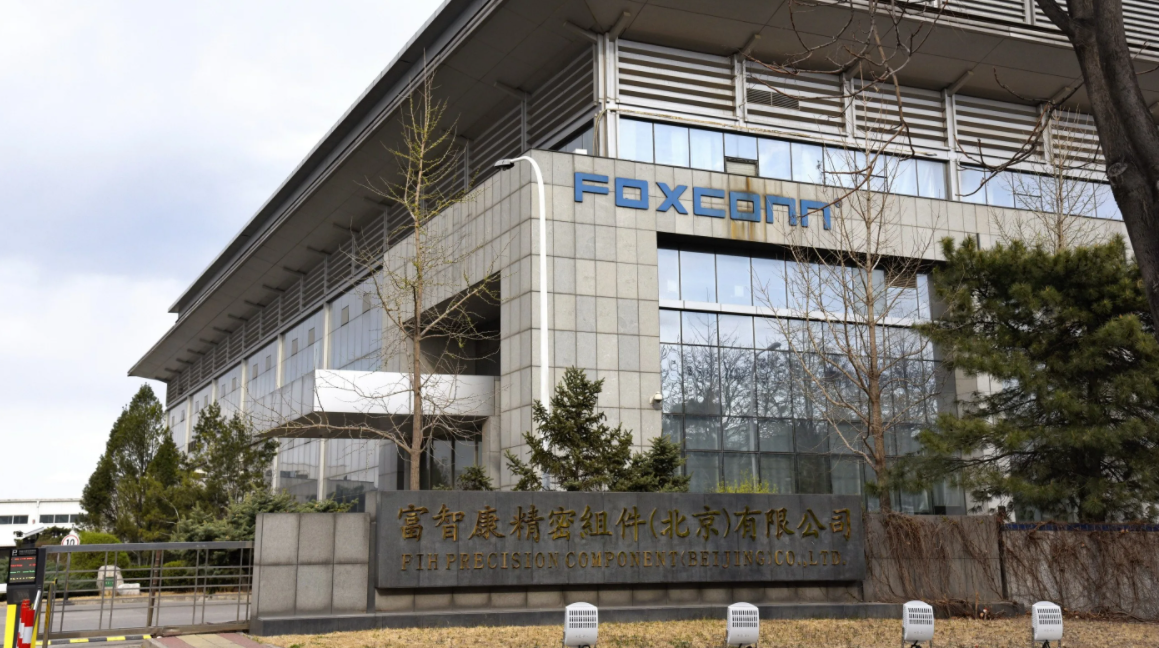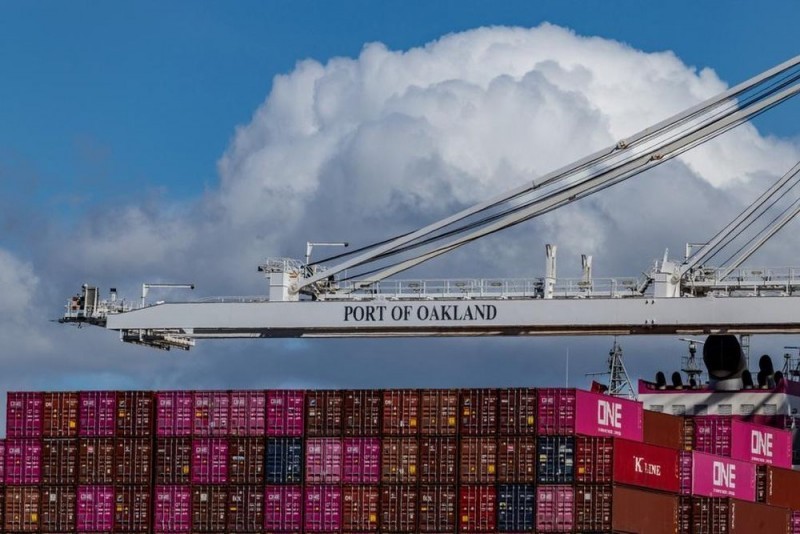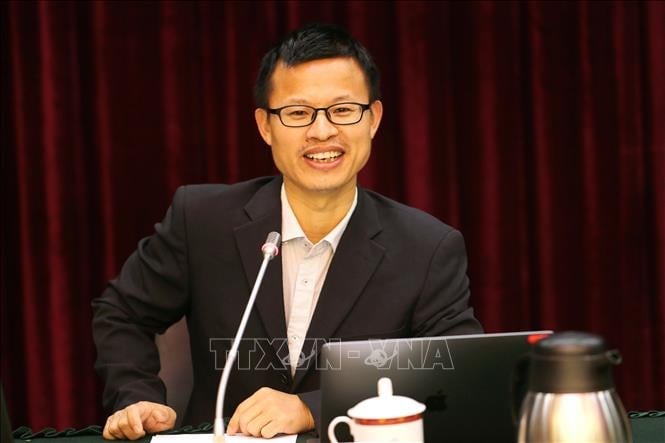Foxconn to shift some Apple production from China to Vietnam
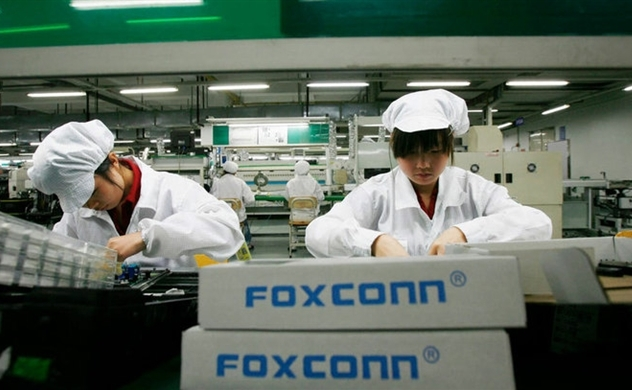 |
| Employees work inside a Foxconn factory in the township of Longhua in the southern Guangdong province, China. Photo by Reuters/Bobby Yip. |
Foxconn is moving some iPad and MacBook assembly to Vietnam from China at the request of Apple Inc, said a person with knowledge of the plan, as the U.S. firm diversifies production to minimise the impact of a China-U.S. trade war, Reuters reported.
The development comes as the outgoing administration of U.S. President Donald Trump encourages U.S. firms to shift production out of China. During Trump’s tenure, the United States has targeted made-in-China electronics for higher import tariffs, and restricted supplies of components produced using U.S. technology to Chinese firms it deems a national security risk.
Taiwanese manufacturers, wary of being caught up in the tit-for-tat trade war, have moved or are considering moving some production from China to countries such as Vietnam, Mexico and India.
Foxconn is building assembly lines for Apple’s iPad tablet and MacBook laptop at its plant in Vietnam’s northeastern Bac Giang province, to come online in the first half of 2021, the person said, declining to be identified as the plan was private.
The lines will also take some production from China, the person said, without elaborating how much production would shift.
“The move was requested by Apple,” the person said. “It wants to diversify production following the trade war.”
Foxconn said in statement: “As a matter of company policy, and for reasons of commercial sensitivity, we do not comment on any aspect of our work for any customer or their products”.
Apple did not immediately respond to a request for comment.
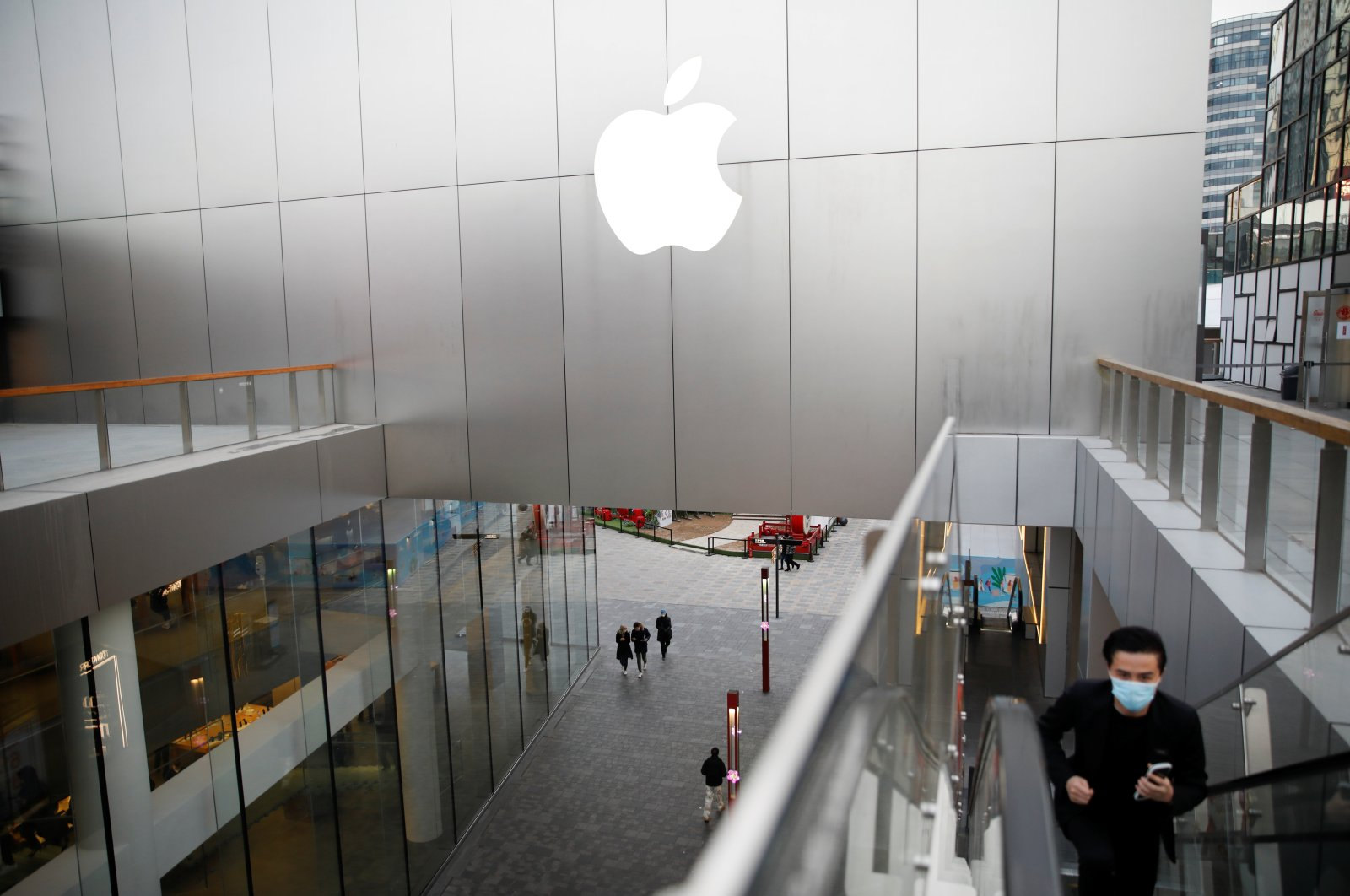 |
| People wearning masks walk past an Apple store at a shopping mall in China. Photo: Reuters |
Taiwan’s Foxconn, formally Hon Hai Precision Industry Co Ltd, has announced a $270 million investment to set up a new subsidiary called FuKang Technology Co Ltd - a move the person said was aimed at supporting the Vietnam expansion.
The contract manufacturer also plans to make television sets at the Vietnam plant for clients including Japan’s Sony Corp, with the beginning of such production slated for late 2020 to early 2021, the person said. Sony declined to comment.
The factory will also make other electronic products such as computer keyboards, the person said.
According to Taipei-based research group TrendForce, all iPads are assembled in China and so Foxconn’s move would mark the first time that the iPad has been made outside China.
Foxconn already plans to spend up to $1 billion expanding an iPhone assembly plant in India as “strongly requested” by Apple to diversify production beyond China, people with direct knowledge of the matter told Reuters in July.
It and peers such as Pegatron Corp are also considering building plants in Mexico, people with knowledge of the matter said, as Washington promotes near-shoring production.
Foxconn Chairman Liu Young-way in August told investors the China-U.S. trade war had split the world into two, saying his firm aimed to provide “two sets of supply chains”.
Other iPad assemblers include Taiwan’s Compal Electronics Inc and China’s BYD Electronic International Co Ltd.
Vietnam benefits from relocation of manufacturers
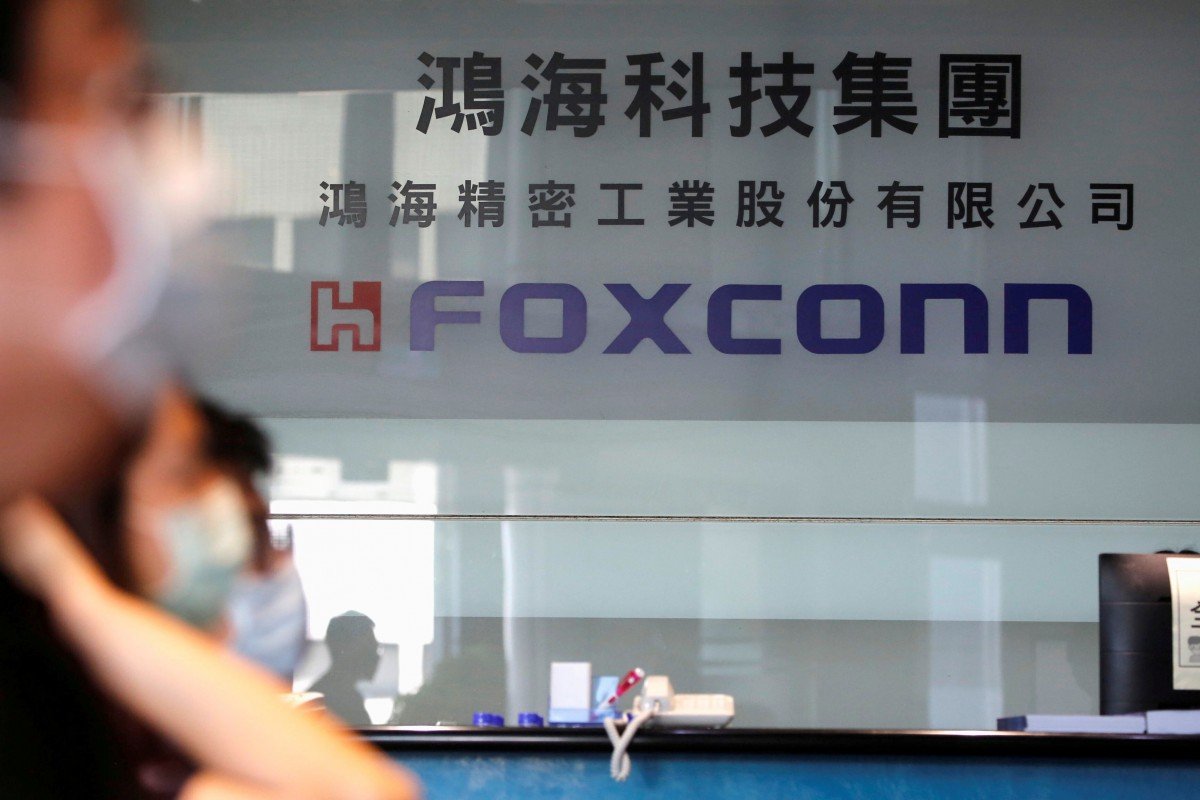 |
| Foxconn Technology Group is building new assembly lines for Apple’s iPad tablet and MacBook laptop at its plant in Vietnam’s northeastern Bac Giang province. Photo: Reuters |
For more than a decade, Vietnam has benefited from a slow relocation of manufacturers from China, due to the latter’s increasing labor costs. But the trade war has accelerated the shift, and aided Hanoi’s goal of creeping up the value chain toward higher-skilled work, especially advanced tech manufacturing. From Intel to LG, increasing numbers of firms are also choosing to set up in Vietnam in the first instance. Indeed, the demand from foreign manufacturers has been so significant that it has put strains on the Vietnamese workforce, its suppliers, and the available reserves of land for industrial development.
Coupled with Vietnam’s effective containment of the coronavirus pandemic, this manufacturing boom explains why Vietnam will be the only country in Southeast Asia set to record net economic growth this year. The nation’s economy will grow by 1.6 percent in 2020, according to the International Monetary Fund (IMF), which then projects it to jump up by 6.5 percent in 2021, as the pandemic wanes.
A strong driver of this growth has been growing exports, including from companies that have relocated their manufacturing operations from China. Exports grew 9.9 percent in October, year on year, to $26.7 billion, and the Ministry of Industry and Trade projects a full-year rise of 3 to 4 percent.
All of this has been made possible by Vietnam’s successful containment of the coronavirus pandemic. The IMF credited “decisive steps to contain the health and economic fallout from COVID-19” for Vietnam’s success.
The trade war and the pandemic are thus accelerating a slow shift in the economic pecking order in Southeast Asia. According to the IMF, Vietnam will this year become the fourth-largest economy in the Association of Southeast Asian Nations, leapfrogging Singapore and Malaysia, which have been hit hard by the pandemic. In comparison to Vietnam’s projected growth of 1.6 percent growth, the IMF predicts that the GDP of Malaysia and Singapore will drop by around 6 percent in 2020. Thailand’s economy will contract by 7.1 percent.
Vietnam’s successful balancing of the exigencies of public health and economic growth, as well as the sweet-spot profile of its young labor force, suggests that the good times could continue for some years to come, The Diplomat said. /.
 | Iphone 12 may be released on September 10 The release date of iPhone 12 was accidentally leaked on a live video by Apple's staff. |
 | Apple turns into the first US company reaching $2 trillion Apple hit the value of over $2 trillion on Wednesday, becoming the first publicly traded US company in the section despite the Covid-19 pandemic. |
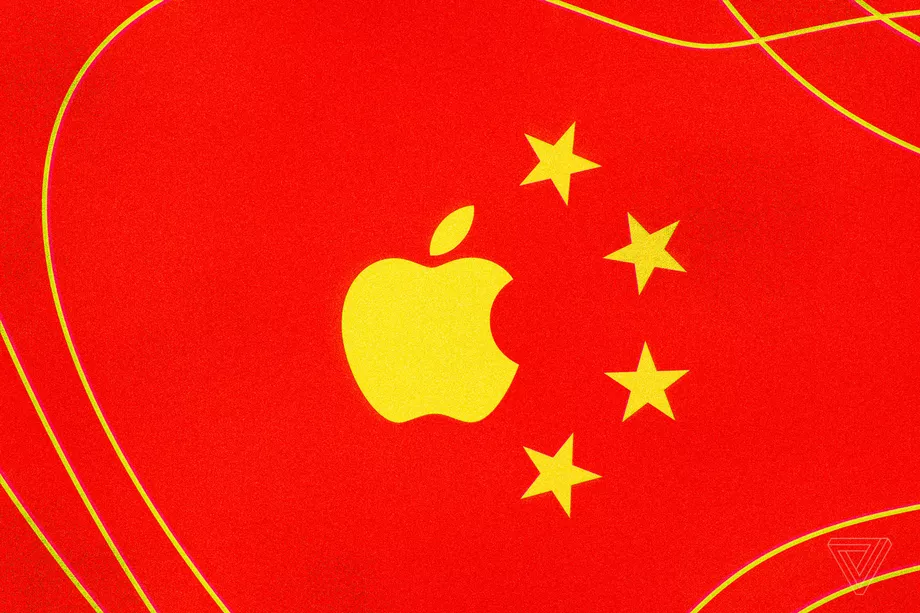 | Apple removes 47,000 apps from Chinese App Store, loopholes in China starting to close Apple has removed at least 47,000 apps from its App Store in China to comply with the new policy from the state regulators. |

